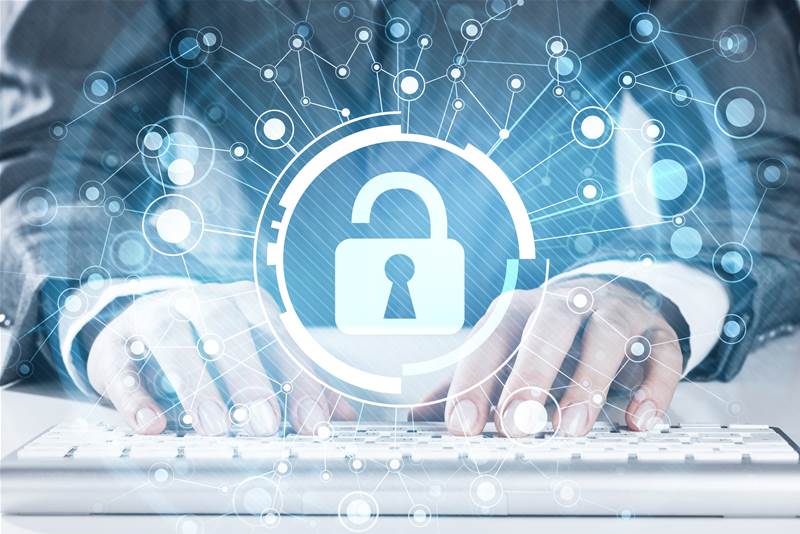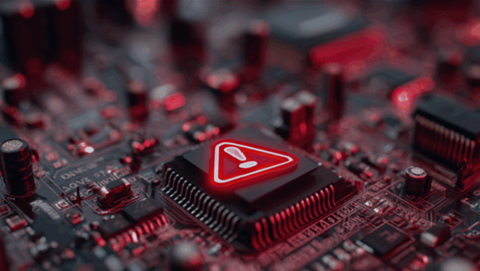Despite being concerned and cognisant of the existing online risks thanks to public education, Singaporean users remain passive about actively practising good cybersecurity habits to tackle these risks.
In a qualitative study conducted by Google and Nielsen across Singapore, Thailand, Vietnam and Indonesia users shows, results show that Singaporeans are most likely to take on an “ignore and click it away” approach instead of actively safeguarding themselves from online risks.
The passive behaviour of taking control of their online safety could be a result of the trust that Singaporeans place on public institutions and inclination for self-management. This is more apparent amongst seniors who are more likely to depend on in-built safeguards on websites and mobile applications.
Singaporeans also rank highest among the countries surveyed when it comes to placing trust in the government to do due diligence to keep them safe.
Even among Singaporean teens who are more technologically savvy, there is a lack of confidence when it comes to handling online risks – with most sharing that they will simply ‘click it away” when they encounter hacking, online scams and suspicious links.
These findings are aligned with results from Google’s previous study conducted in February this year that revealed that while 70% of Singaporean parents expressed that COVID-19 has increased their concern for privacy and security, 20% of Singaporean parents reported that they haven’t done anything yet to address these online safety concerns.
This also tallies with the findings from a national cybersecurity awareness survey conducted by the Cyber Security Agency of Singapore (CSA) in June 2021 which highlighted that while general awareness of good cyber habits had improved, adoption continued to be low.
"It can be easy for Singaporeans to be lulled into a false sense of security by depending on default safety features,” said Ben King, Country Director at Google Singapore “However, it is important to recognise that the tactics of bad actors online are constantly evolving. As a result, when it comes to privacy and security there is simply no substitute for personal ownership”.









